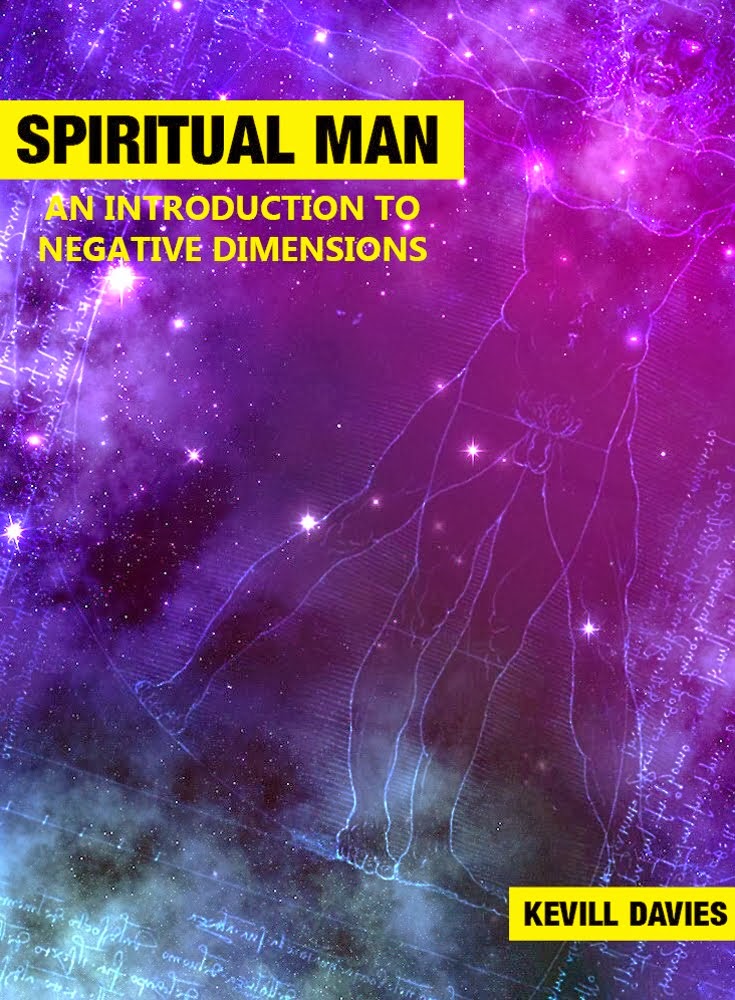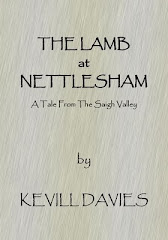
So, for my birthday, my wife, out of the blue, bought me an introductory forty minutes flying lesson at a local airfield. It was different, I had to grant her that.
As I turn up at the airfield, there is some activity, with small, single engined planes taking off and landing from the one tarmac runway. Other aircraft are in various states of readiness, some being checked over by pilots, others with their engines idling. I notice some men are talking over a glider on the grass and wonder if the lifeless windsock is a good or bad sign for them. The weather is good with a blue sky and fluffy cumulus clouds slowly making their way in a leisurely procession. For me, the omens are good.
"Good morning," says the receptionist, cheerfully. "How can I help you?"
"Well, I've ... I mean my wife has bought me a free lesson," I manage to say. "I have a voucher."
I hand the voucher over and she studies a list before telling me that my instructor is to be George. "He'll be with you in a moment," she announces, brightly. "He's one of our most experienced pilots."
George it turns out is the most experienced because, as I discover later, he is by far the most elderly of the pilots; not far off retirement by the look of him. He has just returned from a smoke outside the clubhouse which doesn't bode well. I am not happy about the prospect of sitting in a small cockpit with a man stinking of fags.
"That's our aeroplane," he says pointing to a two seater plane sitting outside. "It's a Cessna 152. If you walk over, I'll be with you in a moment."

I walk over to the plane, knowing that I'm shortly going to entrust my life to that elderly man and the metal contraption before me, my mind mulling over the prospects. I'd never before flown in such a small aeroplane, but I reassured myself that many people had. With the wings fixed to the top of the aircraft, I realise that I'd be able to see the ground below and having never been particularly good with heights, I was not sure if that was good or bad.
"Okay," says George. "Jump in; I've completed the pre-flight check."
After a few calls to the air traffic controller in the tower we taxi to the runway and wait for clearance to take off. It's not long in coming. He noses the aircraft onto the runway and without pausing pulls out the power control to maximum. The noise increases dramatically and the propeller blades become a blur before us as the aircraft picks up speed as it hurtles down the runway. Soon he pulls back on the stick and we are airborn, quickly rising above the trees that mark the airfield limit.
"Where do you live?" george asks. I tell him and he sets his direction. Nothing technical, he just wants me to enjoy the ride. We climb to 1500 feet and I begin to recognise some of the local landmarks such as the cement works passing by to the right.
The question I ask myself is, 'Am I enjoying the flight so far?'
'Too bloody right I am,' I replied to myself. I couldn't believe how much I was enjoying the sensation; the freedom, the views the sheer exhilaration of flying. After overflying the 'Plough' we are soon back at Wycombe air Park and preparing for the descent. By now I had complete confidence in George, having been entertained by both his wit and his skill at the controls of the Cessna.

I booked on the course and started both flying and studying for a Pilot's License. The study involved classwork, on flying theory, navigation and meteorology. The early flying hours were spent on the basics by repeatedly getting airborn and landing in a series of manoeuvres called 'Touch and Go' or 'Bumps'.
One day, after eleven hours training George took me round the circuit once and told me to taxi back to the clubhouse.
"I want another instructor to check you out," he lied. "It's procedure to make sure that what I'm doing is correct." A second instructor joined me and asked me to do a circuit.
"Just relax," he said, an accomplice in the deceit. "Do exactly as you've been taught.I want to see how well George is training you."
We did a circuit and I asked him if he wanted me to execute a Touch & Go.
"No, pull over; off the runway please," he replied. When I stopped he exited the aeroplane and said, "Okay, off you go. Enjoy it! I'll walk back."
It took me a moment to realise what he was saying. Me; on my own. Flying solo.
I radioed the tower and requested clearance to taxi to the head of the runway. Once there, the butterflies and excitement multiplied. I radioed the tower again. "X-Ray Tango holding for runway 27," I said.
"Roger X-Ray Tango," replied the voice from the tower. "Cleared for immediate take-off runway 27. Wind south, south-west, ten knots."
It was done; I had to go; there was no going back. I nosed onto the runway and gunned the engines to full power. Fifteen seconds later, as I lifted the nose into the air, the feeling was fantastic. I was a pilot in all but qualification. I was flying by myself and realised that there was no safe return except by doing what I'd been taught. I levelled off at one thousand feet and banked to the right, doing what is called the downwind leg of the circuit. I did my checks; flaps up and brakes off, whilst trying to do as I'd been told and enjoy the thrill. You only ever do your first solo flight once.
After too short a time, I radioed the tower asking for clearance to begin the approach. The contollers have been told it's my first solo and they are watching closely.
'Take speed off and lower the flaps,' I tell myself. All the time you have to judge your height and speed as the runway races towards you. Hopefully you've got it right and no last minute adjustments need be made. You cross the threshold with the tarmac one hundred feet below you. Power off, nose down to maintain airspeed. The ground races up to meet you and at the last minute you pull the nose up and flare. You wait a second for the bump as the main wheeels touch down and you lower the nose to bring the front wheel down before applying the brakes.
You've done it. Theres a rush of achievement, pride and relief that you've landed safely. As you turn of the runway there's a new arrogance; you're a pilot now and taxi back to the club house as if you've been doing it for years.
To see the original Reader.es article click on link below:-
http://docs.google.com/leaf?id=0BzpS-FxkGEYtNDI5ZjRkNzctNjM5Ny00NjAxLWE3ODgtMzJhYTk4ZDM3YzVi&sort=name&layout=list&pid=0BzpS-FxkGEYtMzhiNDc0OTgtNGJjMC00YzY3LTk5MWEtMWNjNjgyYjkyZGFl&cindex=2
Kevill Davies is author of 'Apsaras'. Available at most on line book shops.
NOW available. Signed copies for sale at ROHHA Lifestyle, Mojácar Playa.
Read more on his Indaloblog at www.kevilldavies.com











